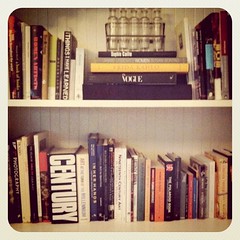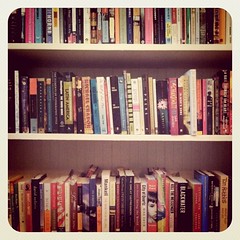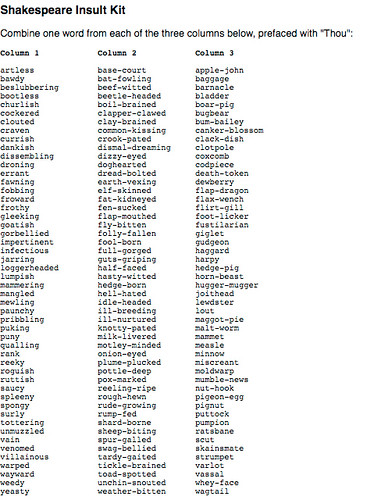I love the collision of visuals and information so it's no wonder that one of my favorite books at the moment is this:
 |
| The Best American Infographics 2013 |
Some interesting selections from the book were featured over on Wired, including "Which Birth Dates Are the Most Common," "Four Kinds of Dog," "Map of a New America," and "The Last 45 Seconds."
One infographic that I keep going back to is Randall Munroe's "Deepest of the Deep" which shows depths of oceans and lakes of the world side by side. As someone with a fear of deep water, I'm both fascinated by it and repelled.
Such a great book!

















